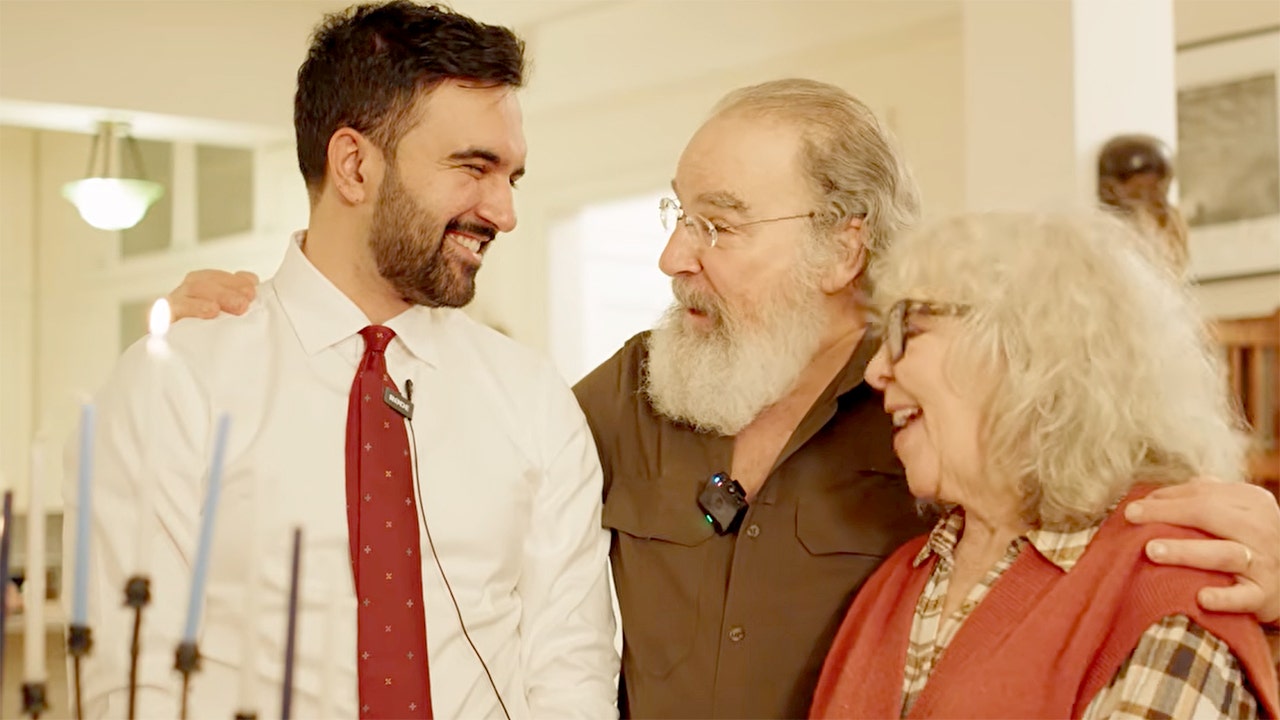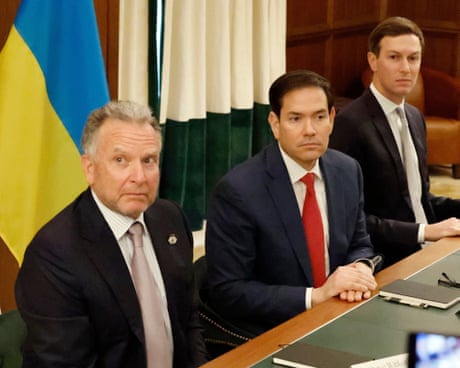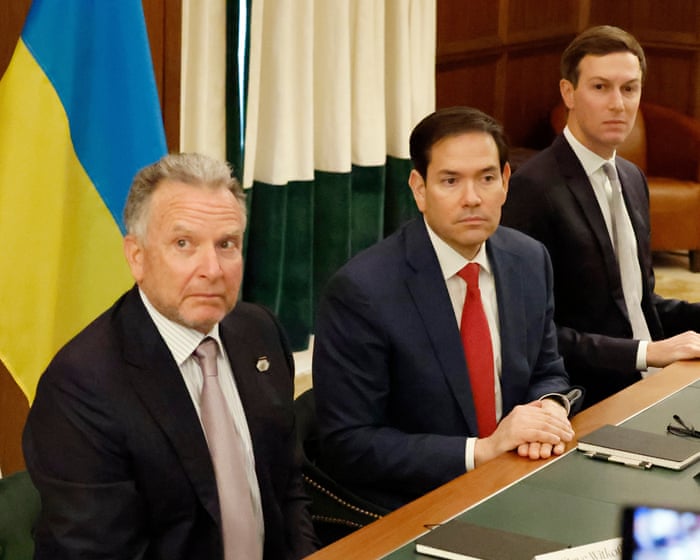Waymo Suspended Service in San Francisco After Its Cars Stalled During Power Outage

© Tayfun Coskun/Anadolu, via Getty

© Tayfun Coskun/Anadolu, via Getty

© Jeff Vespa/WireImage, via Getty

© Pool photo by Markus Schreiber











Mary-Ann Stephenson also says it would be a ‘mistake’ to leave European Convention on Human Rights

© Getty Images
The 78-year-old songwriter will play Not For Sale (Polar Bear) for the first time on Monday

© PA
Clare Davis-Eaton was diagnosed with metastatic base of tongue cancer in March 2016

© Collect/PA Real Life
New polling reveals that the rising prices of household goods have impacted festive spending

© PA
The mandate requires at least 28 per cent of cars sold to be zero-emission

© Getty/iStock



























© PA Archive
Surrey Police have arrested a 30-year-old man following the fatal crash

© Google Maps
A Walmart employee intervened, ultimately disarming the 21-year-old

© Canton Police Dept.










Steve Witkoff says representatives share goals to stop killing, support Ukraine and end war with Russia
A White House envoy said on Sunday he held “productive and constructive” talks in Florida with Ukrainian and European representatives to end the nearly four-year war between Russia and Ukraine.
Posting on social media, Steve Witkoff said the talks aimed at aligning on a shared strategic approach between Ukraine, the US and Europe.
Continue reading...
© Photograph: Terry Renna/AP

© Photograph: Terry Renna/AP

© Photograph: Terry Renna/AP